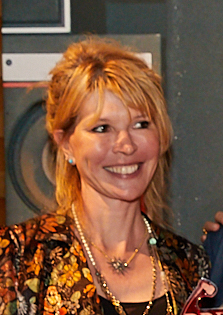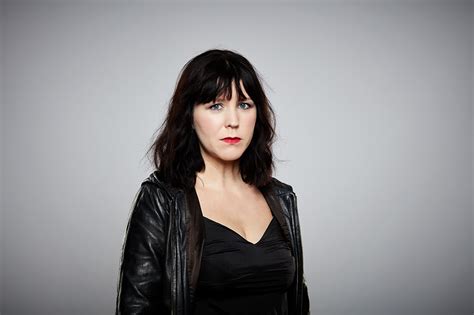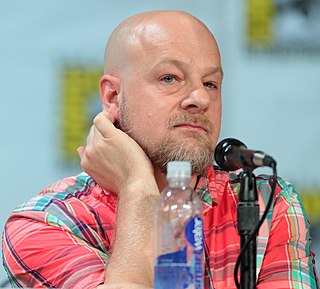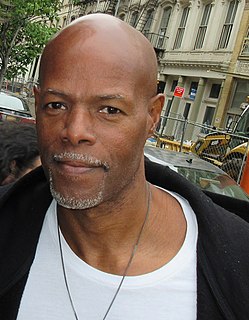A Quote by Greg Sestero
The Irish crowd and the humour, they really get it. Them riffing with 'The Room' makes the film watchable for me.
Related Quotes
It makes it very easy. I have a beginning, middle, and end, and I don't film for long - about 20 hours usually for a two-hour film - so it's easily watchable in a week for me and the editor. Once I know who the characters are, I only film those characters, unless somebody else forces their way into the film by a scene happening to them or we meet them by chance.
I wanted to create a film that hadn't been created yet. I studied film for many years. The Room is almost 20 years of my work. You see, I understand young people unlike the media. I don't expect people to love The Room 100% but I respect that people enjoy it and that maybe it opens certain doors for them. That's what makes me happy.
The film [Sightseers] is really the story of the journey of a relationship, so the killings are almost a metaphor for the trials they go through. We wanted people to identify with the experience of going on holiday and having a quarrel with your wife, boyfriend, whatever. We knew if we didn't crack that it would not be watchable as a film.
I don't do commentaries on films because A) I'm not very good at it and B) it's an odd thing that I discovered, on my first film, that you go through this really intense experience of making a film and then you sit in a little room with a monitor and you reduce the thing to a bunch of silly anecdotes. It's really unfulfilling and I've never really enjoyed listening to them anyway, so I just don't do them.
Irish is harder to pull off. I know southern people and I really like the midwest, so I can tap into that a little bit. It's easier to sound angry with southern than it is Irish. Yelling Irish you can sound like an angry Leprechaun. I think me screaming like I am going to kill you in Irish doesn't work.
The thing about humour is that the super-ego is also at play, so what interested me, particularly in the last chapter which is key to the book -and no one seems to have picked this up in writings on Freud - is that, in the later Freud, the essence of humour is the ability to look at myself and find myself ridiculous. That makes me laugh.




































